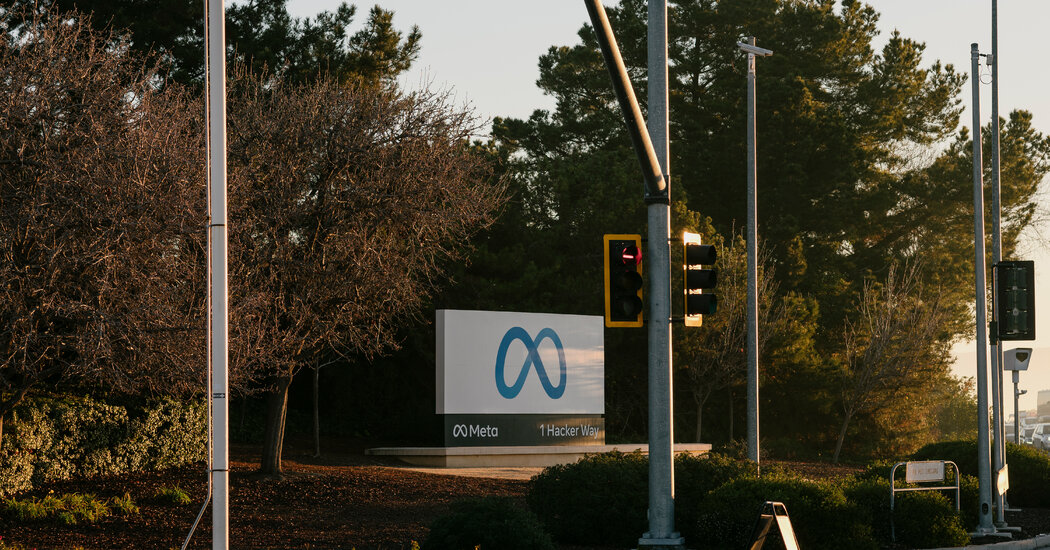Meta reported a 27% increase in revenue and profit on Wednesday, more than doubling in the first quarter, as the company said it plans to spend billions of dollars more than expected on infrastructure to support its artificial intelligence efforts.
Revenue at the company, which owns Facebook, Instagram, WhatsApp and Messenger, was $36.5 billion in the first quarter, up from $28.6 billion a year ago and slightly above estimates. Wall Street by $36.1 billion, according to data compiled by FactSet. Profit was $12.4 billion, up from $5.7 billion a year earlier.
“It's been a good start to the year,” said Mark Zuckerberg, Meta's chief executive, referring to the company's efforts in artificial intelligence and the “healthy growth of our apps.”
But Meta's AI efforts, which require significant computing power, come at a high price. The Silicon Valley company said it plans to raise its spending forecast for the year to $35 billion to $40 billion, up from a previous estimate of $30 billion to $37 billion. The move was driven by large investments in AI infrastructure, including data centers, chip design and research and development costs.
Additionally, the company said it expected slightly lower-than-expected revenue in the second quarter compared to analysts' expectations, spooking investors and sending its stock price tumbling in after-hours trading.
Meta shares fell more than 11% Wednesday afternoon after closing regular trading at $493.50.
Meta has increasingly positioned itself as poised to take advantage of artificial intelligence, a technology that has seen a surge in interest following the explosion of generative AI, which can produce text, video, audio and images. Meta has been investing in engineers and infrastructure for years to drive AI advances, some of which have improved its advertising systems and increased its revenue.
After OpenAI released the ChatGPT chatbot in 2022, Zuckerberg refocused Meta to plug AI-powered products into nearly every corner of his empire, from Instagram and Facebook search tools to image-generating software to smart glasses . Last week, Meta unveiled new versions of its AI-powered smart assistant software that it has incorporated into its apps.
Zuckerberg has also spent billions investing in graphics processing units, or GPUs, chips capable of performing complex calculations to power artificially intelligent systems.
But Meta also continues to burn billions of dollars chasing Zuckerberg's vision of the immersive digital world of the Metaverse. Reality Labs, Meta's hardware division, lost about $3.8 billion in the first quarter, making $440 million in revenue, spending heavily to build virtual and augmented reality glasses and software, as well as the company's Horizon operating system. VR headset company.
Meta has been in constant transition for the past four years. After a surge in users and activity during the initial Covid-19 lockdown, the company's business was hit by a decline in the digital advertising market in 2022. Last year, Zuckerberg instituted a reduction program of costs in an “efficiency year,” eliminating about a third of the company's workforce and flattening layers of middle management.
Revenue has been rising ever since, supported by a rebound in the advertising market and more people regularly returning to one or more of the company's apps.





